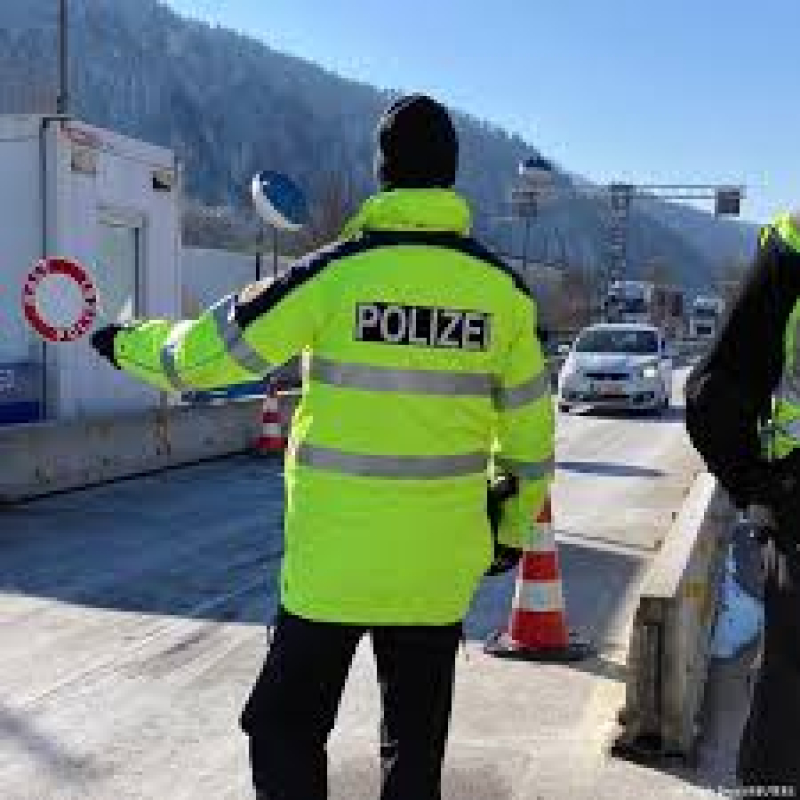- Tarique Rahman returns home amid rapturous reception |
- Home After 17 Years: Tarique Returns to Gulshan Residence |
- Tarique Calls for United Effort to Build a Safe Bangladesh |
- Tarique leaves for 300 feet area from airport |
- BNP top leaders welcome Tarique Rahman on homecoming |
Germany prepares to widen fixed border checks

The German Interior Ministry is expected to register fixed border controls with Poland, the Czech Republic and Switzerland with the European Commission in light of a high number of refugees entering Germany.
The intention of the checks is to more effectively fight against people smugglers and to detect and stop unauthorized entries.
What we know so far
According to government sources, the necessary notification in Brussels was being prepared on Monday.
The plan is an extension of police checks directly at the border in place at the border with Austria since 2015.
German Interior Minister Nancy Faeser had long rejected permanent fixed contro points, citing, among other things, the effects on commuters and freight transport. The norm in the EU's Schengen Zone is for open borders but with police reserving the right to check anybody crossing at random, but not at set checkpoints.
Interior ministers of the eastern German states of Brandenburg and Saxony have pressed Faeser to implement fixed checks.
Germany had introduced additional controls at border crossings with Poland and the Czech Republic in September, but these were not intended to be permanent.
German municipalities have urged the federal government to provide more funding to cope with the surge in migrant arrivals. They have pointed to stretched accommodation and services that seem similar to the events of 2015, when Germany took in over 1 million refugees mainly fleeing war in the Middle East.
Opposition parties in Germany have also called on the government to limit the number of asylum-seekers, with Bavaria's conservative Premier Markus Söder suggesting an annual upper limit on asylum seekers of 200,000, reports DW.

